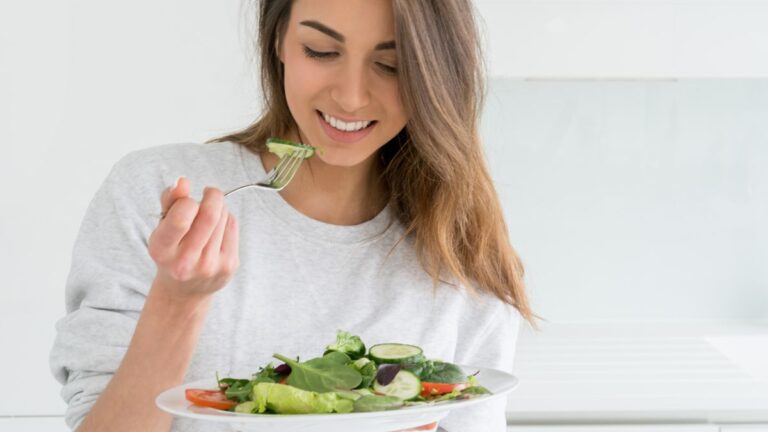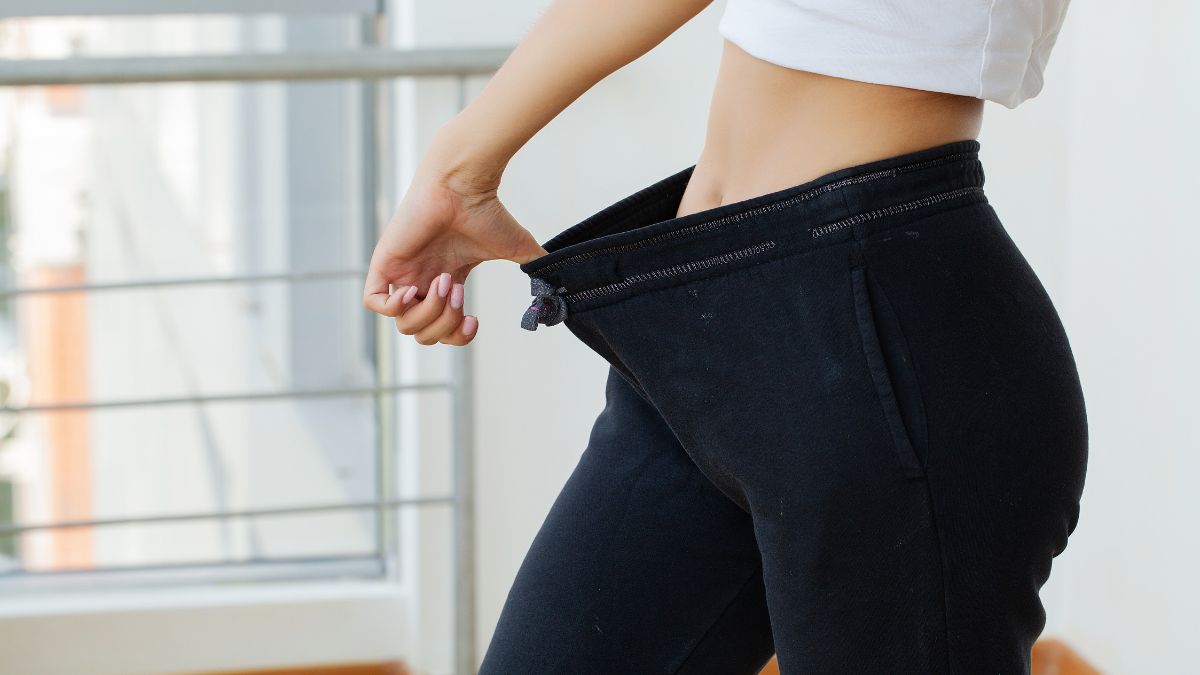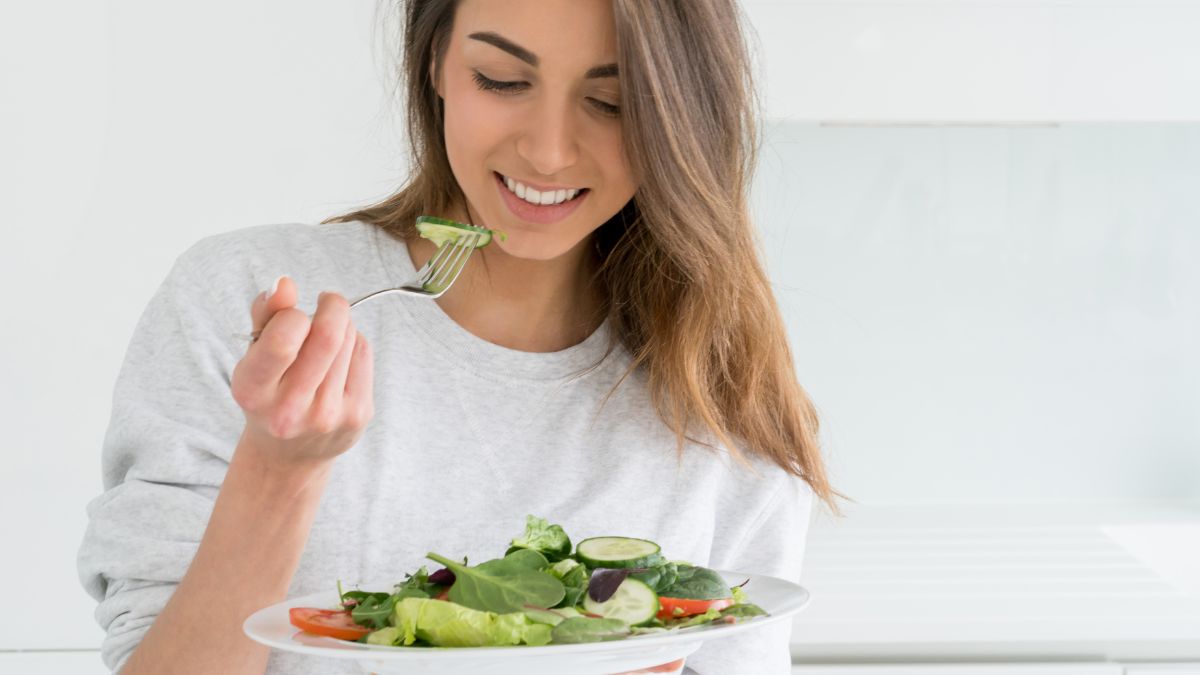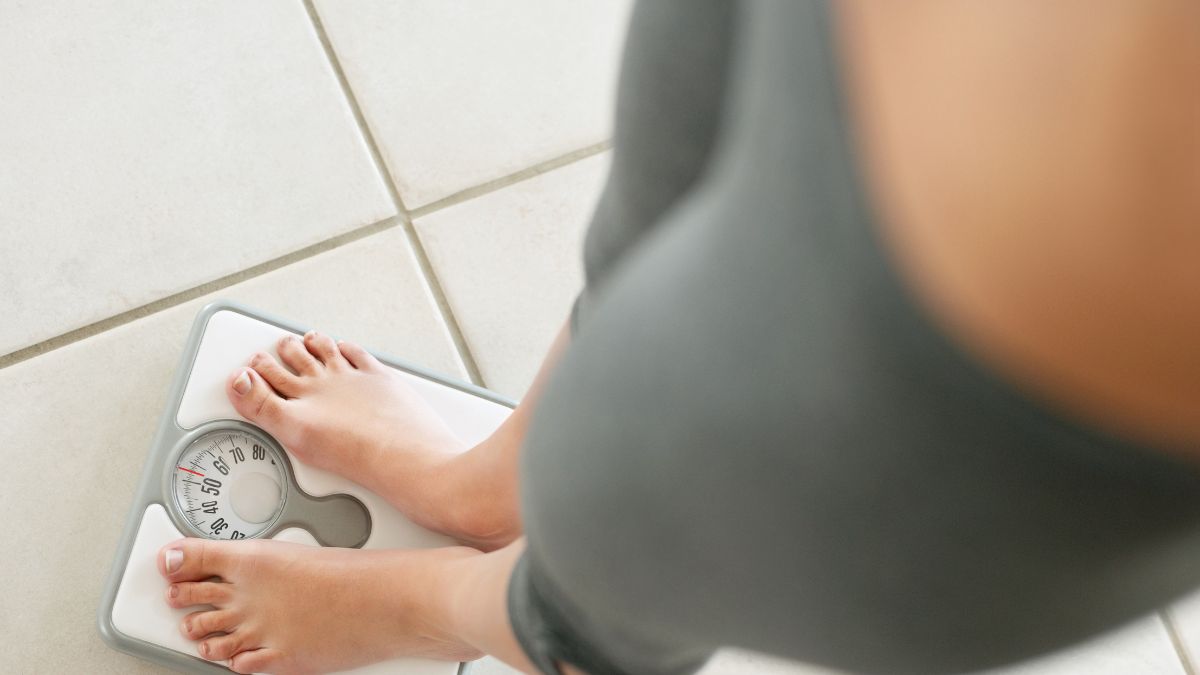We all have our own food preferences, and there’s nothing wrong with that. But when we start to shame each other for our choices, it can take a toll on our mental health and self-image. What many people don’t realize is that food shaming is a form of bullying and it can be just as hurtful as other forms of physical and emotional abuse. In this article, we will explore what food shaming is and how to shake it off and move towards positive eating habits. I hope this article will help you to develop a healthier relationship with food and understand how to be more accepting of yourself and others.
What is Food Shaming?
Food shaming is the act of criticizing and making fun of someone’s dietary choices. It can take many forms, including verbal insults, eye-rolling, and judgmental comments. Common examples of food shaming include calling someone “lazy” for not eating healthy enough or “gluttonous” for indulging in too much junk food. Food shaming can also take the form of “backhanded compliments,” such as “you’re so lucky you can eat whatever you want and not gain any weight.”
Food shaming can be particularly hurtful for people with special diets, who may already feel isolated. For example, people who follow vegan, vegetarian, gluten-free, or other restricted diets can be targeted with shaming comments from people who don’t understand or accept their dietary choices. The thing is, anything that makes someone feel like they’re being judged for their food choices is wrong and unacceptable. From the outside, it may seem like harmless banter, but food shaming can have long-term psychological effects. So, it’s important to be aware of the impact that your words can have and to put an end to food shaming when you see or hear it.
How to Shake Off Food Shaming?
The best way to deal with food shaming is to practice radical self-love and acceptance. Your body, your choice for what food you put in it. The next time someone tries to shame you for what you’re eating, remind them that your decisions are yours and yours alone. Additionally, it’s important to understand that everyone is different, and what works for one person may not work for another. So, you should never compare yourself to others or feel guilty about your own dietary choices.
Earlier when I said practice radical self-acceptance, I don’t mean just the cliché self-care, I mean really tell yourself you are beautiful and amazing just the way you are EVERY DAY. I don’t know how we got to the point in our society where food is another measure of self-worth, however, it can be a mirror of your image self-worth and the amount of anxiety and trauma you have disassociated from. Do you remember what you ate today, yesterday, last week? Remind yourself that you are in control of your own dietary choices and no one can take that power away from you.
It’s also important to focus on positive eating habits rather than what you “shouldn’t” be eating. Eating healthy doesn’t have to be a chore or a punishment; it can be enjoyable and even fun! Try experimenting with new recipes, learning about different types of foods, and exploring different cuisines. Go to a cooking class with your partner or girlfriends. Make it a goal to find joy in discovering new flavors and nourishing your body with healthy and delicious foods. I suggest my clients to practice mindful eating, which means paying attention to what they’re eating and savoring every single bite. Really feel how your food makes you feel. This exercise can help you to be more aware of your eating habits and break the cycle of emotional eating.
Finally, it’s vital to speak up when you see or hear food shaming. It can be hard to call out someone’s behavior, but it’s essential if we want to create a more accepting and understanding environment. Apart from this, understanding how can too much stress lead to weight gain will help you even more. This is because stress can have a significant impact on your appetite and eating habits. So basically, any form of unhealthy triggers should be avoided to live a healthy life – physically and mentally.
Wrapping Up
I hope this article has given you some insight into food shaming and how to shake it off. Remember, there’s no one-size-fits-all approach to healthy eating, but with my weight loss program in Spokane, you can learn to love and accept your body by focusing on nourishing foods that not only make you healthy but also make you happy. So don’t let food shaming stand in the way of your health journey, and remember that you are in control of your own decisions. Girl, you got this!










